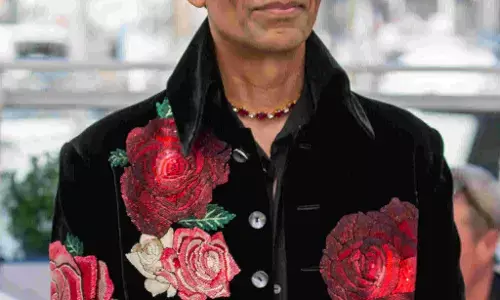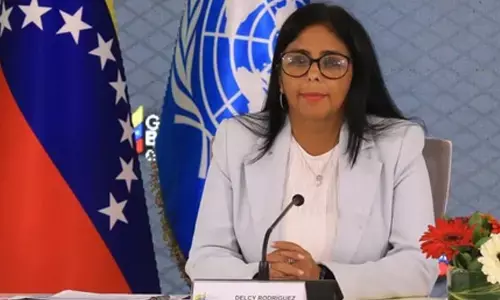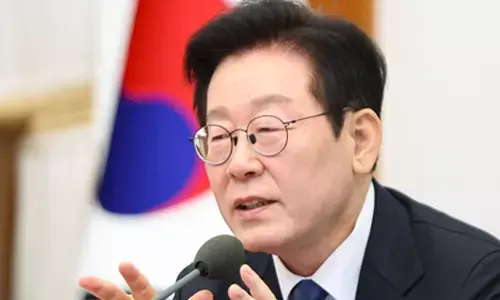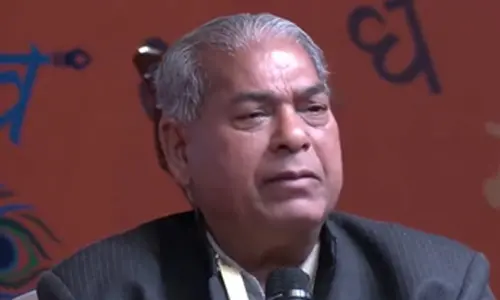International Day of Zero Tolerance for Female Genital Mutilation All you want to know
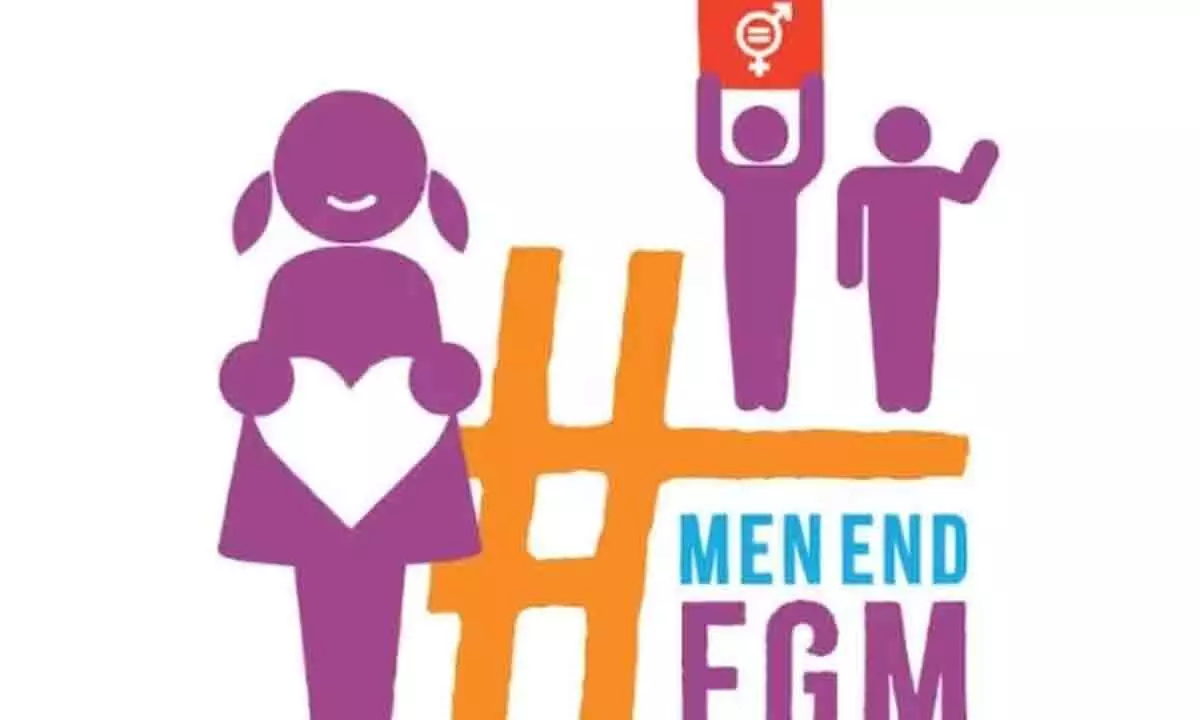
Female genital mutilation (FGM) is a cruel practice inflicted upon women, particularly when they are young
Female genital mutilation (FGM) is a cruel practice inflicted upon women, particularly when they are young. This procedure is characterized by its brutality, stripping women of their personal autonomy, human rights, personal hygiene, and physical integrity. Notably, FGM disproportionately affects minors, reflecting deep-rooted gender bias and perpetuating inequality. It is imperative to end this inhuman practice and foster a society founded on equality for women.
Observing the International Day of Zero Tolerance
Every year on February 6, the International Day of Zero Tolerance for Female Genital Mutilation is observed. This significant day serves as a reminder of the ongoing battle against FGM and falls on a Tuesday this year.
Historical Context
In 1997, the World Health Organization, in collaboration with the United Nations Children's Fund (UNICEF) and the United Nations Population Fund (UNFPA), issued a joint statement condemning female genital mutilation. Subsequently, in 2012, the United Nations General Assembly adopted a resolution calling for the elimination of FGM. Since then, February 6 has been designated as the International Day of Zero Tolerance for Female Genital Mutilation, aimed at raising awareness about the challenges faced by women due to this practice and advocating for its eradication.
The Significance of Ending FGM
FGM encompasses all procedures that involve altering or injuring the female genitalia for non-medical reasons, violating the human rights, health, and integrity of girls and women globally. Those subjected to FGM endure short-term complications such as severe pain, shock, excessive bleeding, infections, and urinary difficulties. Moreover, they face long-term consequences affecting their sexual and reproductive health, as well as their mental well-being. The theme for this year, "Her voice. Her future.", underscores the importance of amplifying the voices of those affected by FGM and empowering them to shape a future free from this egregious practice.








